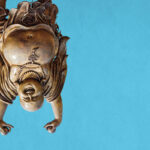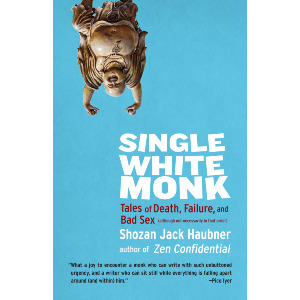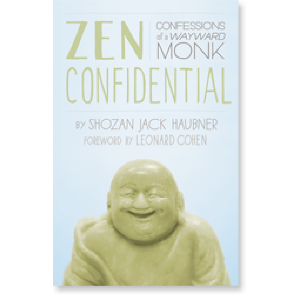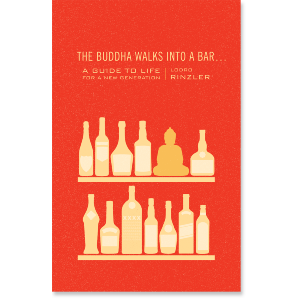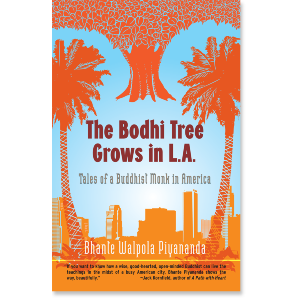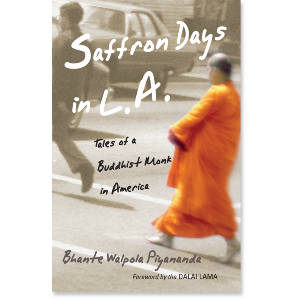“Why is there something rather than nothing? Nothingness makes so much more sense.” (2)
The concept of True Love: “a new self is being conceived, arising, and passing away every instant.” (2)
“Zen practice however, teaches you to completely be yourself—if you don’t who will? Someone’s got to hold down your corner of the universe, and no one else is qualified.” (14)
“Underneath all carnal desire is a wish to know the world, to claim it not for yourself, but as yourself. Sometimes, a bad mistake, consciously made, can teach you this better than a good rule unconsciously followed.” (64–65)
“There’s a natural balance, a dance, between embracing and releasing: turning your surroundings into yourself, like the tree that absorbs carbon dioxide, and turning yourself into your surroundings, like the same tree releasing oxygen. This is what Buddhists call the Middle Way.” (69)
“We are never more than a breath away from the home we share with the entire universe.” (70)
“When there is no death (and there is nowhere where there is no death, except maybe vampire novels), there are no risks, and life is utterly meaningless.” (74)
“But if something can be taken from you, was it ever truly yours to begin with? It occurred to me that the harder we search for something permanent in this world, the more ephemeral and disposable are the things we find, and the more we find ourselves simply searching for the sake of searching, moving for the sake of moving. We are a culture running away from death.” (103)
“He taught me that you cannot be something other than yourself, no matter how enlightened you pretend to be, and so you must manifest yourself fully, each and every moment; you must bring all your subterranean selves, all your thoughts and feelings, no matter how grim and unbearable, to the surface, and to completion—dissolving them through your connection to the world around you so that a new pure self, and a new world along with it, can arise the next instant.” (111)
“If no one talks about something that everyone knows is happening, then each and every person must bear the whole burden of the collective secret him- or herself. What began as a problem becomes nightmare that turns, without outside intervention, into a demon.” (143)
“The inhale and the exhale are opposites working in harmony to complete each other—like man and woman, birth and death, darkness and light. Together they make up the breath of life.” (196)

